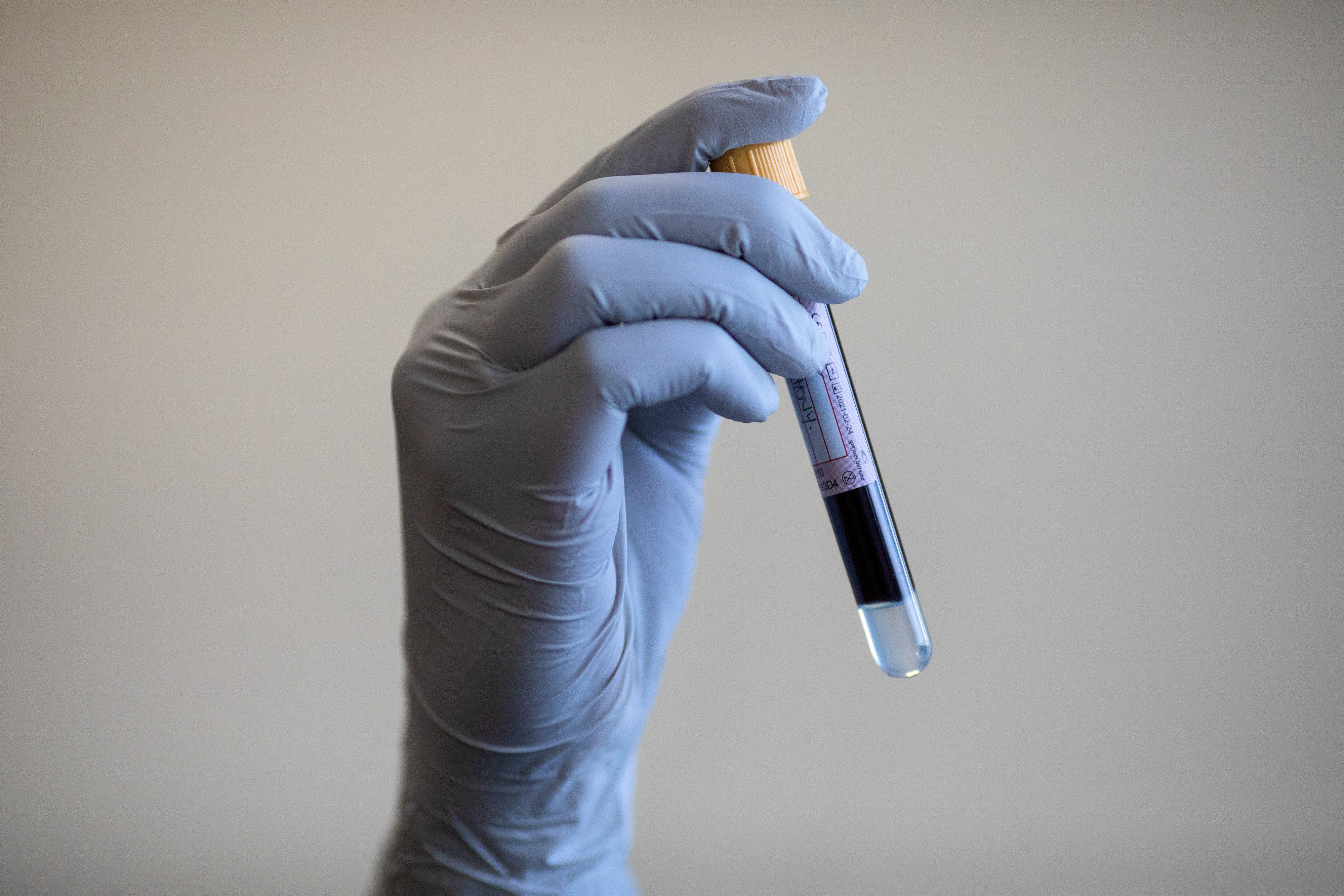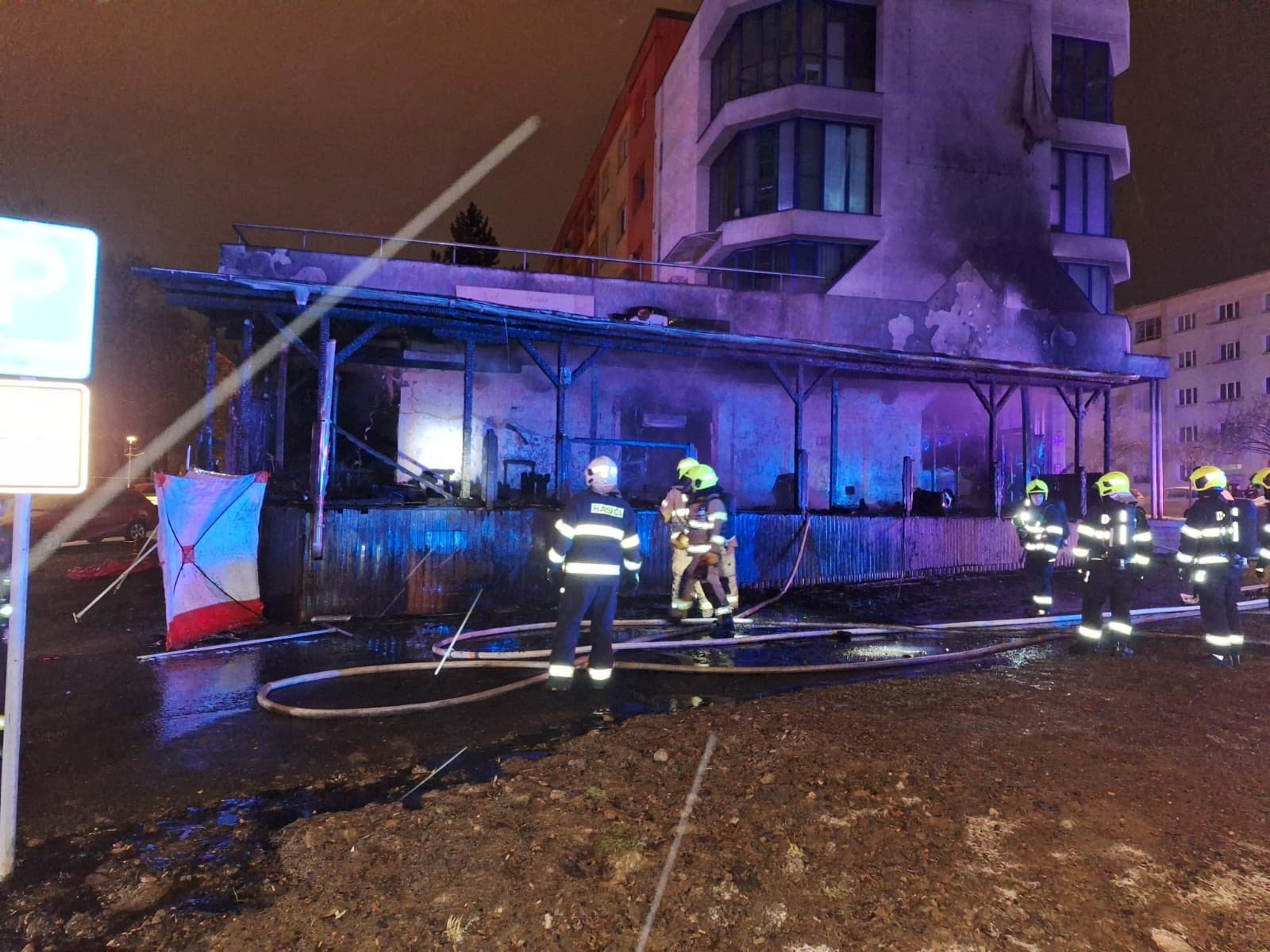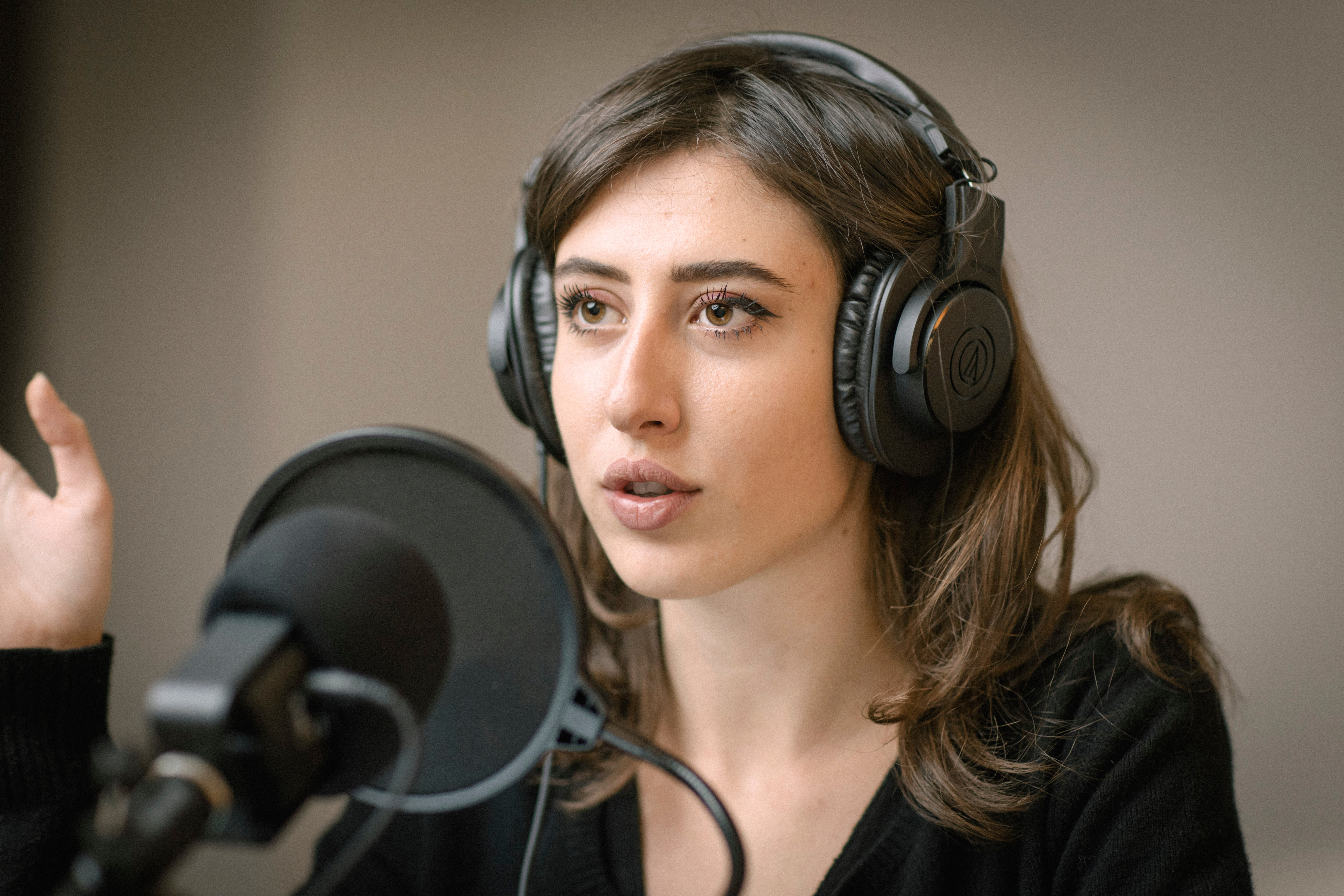More breast cancer cases found when AI used in screenings, study finds
More breast cancer cases found when AI used in screenings, study finds
Share:
First real-world test finds approach has higher detection rate without having a higher rate of false positives. The use of artificial intelligence in breast cancer screening increases the chance of the disease being detected, researchers have found, in what they say is the first real-world test of the approach.
Numerous studies have suggested AI could help medical professionals spot cancer, whether it is identifying abnormal growths in CT scans or signs of breast cancer in mammograms. However, many studies are retrospective – meaning AI is not involved at the outset – while trials taking the opposite approach often have small sample sizes. Important, larger studies do not necessarily reflect real-world use.
Now researchers say they have tested AI in a nationwide screening programme for the first time, revealing it offers benefits in a real-world setting. Prof Alexander Katalinic, a co-author of the study from the University of Lübeck in Germany, said: “We could improve the detection rate without increasing the harm for the women taking part in breast cancer screening,” adding the approach could also reduce the workload of radiologists.
Katalinic and his colleagues analysed data from 461,818 women in Germany who underwent breast cancer screening between July 2021 and February 2023 as part of a national programme targeting asymptomatic women aged 50–69. All of the women had their scans independently examined by two radiologists. However, for 260,739 of the women, at least one of the experts used an AI tool to support them.






















